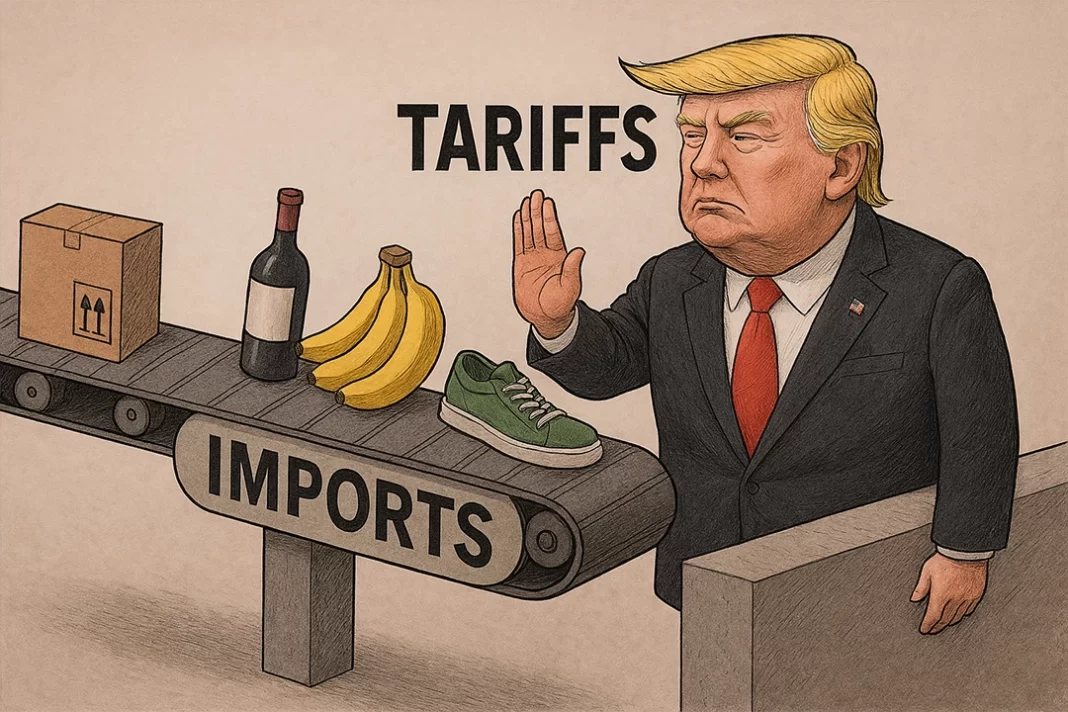Over two centuries ago, America’s expansion began with the conquest of territory and the establishment of an agrarian economy dependent on slavery. Crops like corn, barley, and grapes were cultivated, and a refined lifestyle sustained by forced labour became the foundation of its early development.
To boost its economy and support continued growth, the United States turned outward—building trade relationships with neighbouring countries such as Cuba, Mexico, Guatemala, and Costa Rica, eventually extending its reach to Asian markets. This strategy helped lay the groundwork for its rise as a global power.
In the past 50 years, however, much of America’s workforce, particularly among white and affluent citizens, has moved away from physically demanding labour. Instead, the country has relied on imports from poorer nations and access to cheap foreign labour to sustain its food supply and consumer goods.
Rather than aiming for full domestic production, the U.S. has focused its efforts on developing high-value sectors – particularly weapons manufacturing, oil, and advanced technologies. These industries have brought in enormous profits, but the nation still depends on steady imports of basic necessities like food and clothing.
Even small island nations like Samoa have contributed to this global supply chain. Samoan taro has made its way into U.S. markets, particularly among diaspora communities, along with handicrafts, woven products, and niche garments. While minor in volume, these exports represent the same dynamic; America’s consumption is supported by the labour and cultural output of other nations, often without recognition or fair returns. Calls for protectionism and tariffs risk cutting off these smaller economies from even the modest access they currently have to global markets.
Claims that America gains an upper hand through these imports often ignore the mutual benefits of global trade. Imposing harsh tariffs may be possible, but such moves raise questions around fairness, WTO principles, and long-standing international partnerships.
Trade disputes have highlighted an attitude that some argue reflects arrogance and an unwillingness to acknowledge the global contributions that helped build America’s wealth. For critics, this signals the need for more mature and respectful leadership.
Critics argue that Cambodian supporters of hardline U.S. trade policies should consider the broader historical and economic context. Blindly backing leaders who disregard diplomacy and cooperation risks undermining long-term regional relationships and economic stability.





